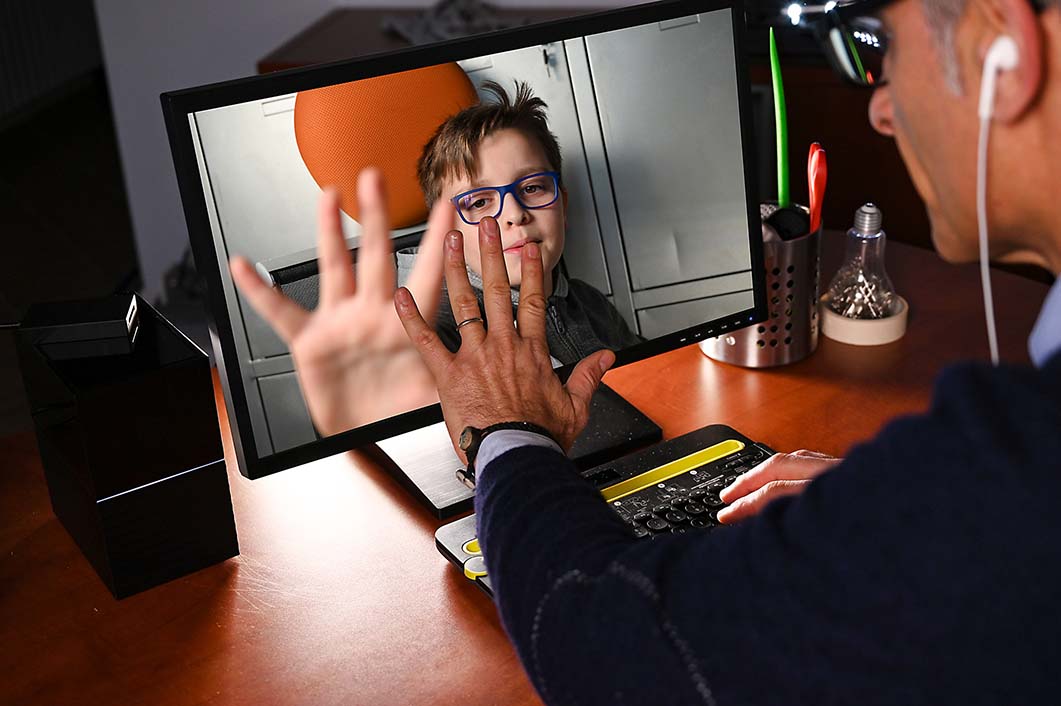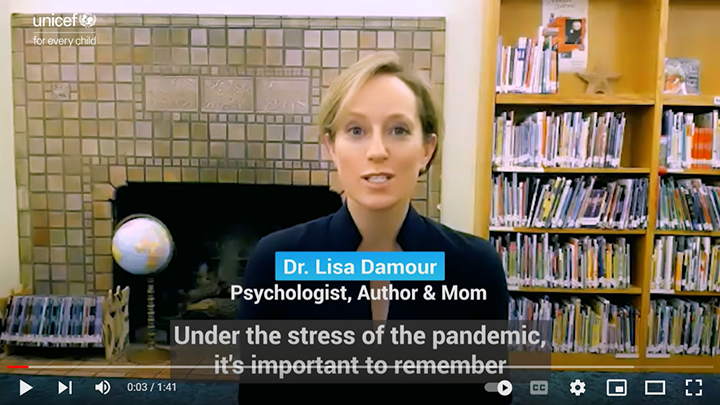
March 2022
Promoting Emotional Well-Being for Caregivers and Children During COVID-19

Since the COVID-19 outbreak, families continue to face challenges as they adapt to changes in their daily lives. As pandemic stressors remain, many children still contend with mental health issues and disrupted social lives. Caregivers juggle helping their families adjust to new routines while managing personal matters and dilemmas. Amid the persistent climate of uncertainty, some caregivers may struggle with knowing how to best support their families. Child Trends, a national research organization focused on improving the lives of children and youth, outlines practical strategies for caregiver self-care and meeting children’s needs.
Be sensitive and responsive
Children need quality time with their caregivers, parents and other important people in their lives in order to recover from traumatic events. Spending time outdoors taking a stroll around the neighborhood, reading a book, playing games or watching movies are fun, inexpensive ways to promote bonding.
Connect with others
People are social and made to be connected. When meeting in person is not feasible, arrange a get together online via one of the many video conferencing applications or send notes in the mail.
Discuss and validate children’s feelings
There are no right or wrong ways to feel during a pandemic and both children and adults feel a wide range of emotions. Every feeling is normal and valid. It is important to have conversations with children about their feelings and ways to cope. One way is to make a list of things caregivers and children can and can’t control and focus on those things that can be controlled.
Self-regulation activities
Caregivers may create opportunities for play. Games, creative play and even exercise may stimulate useful self-regulatory skills.






